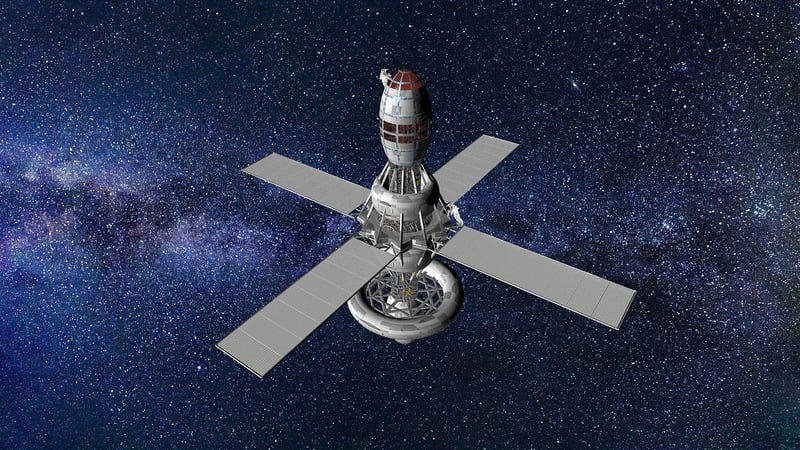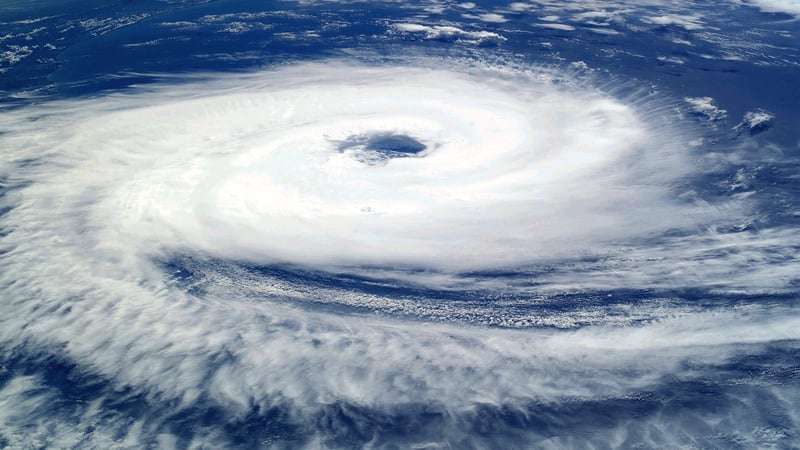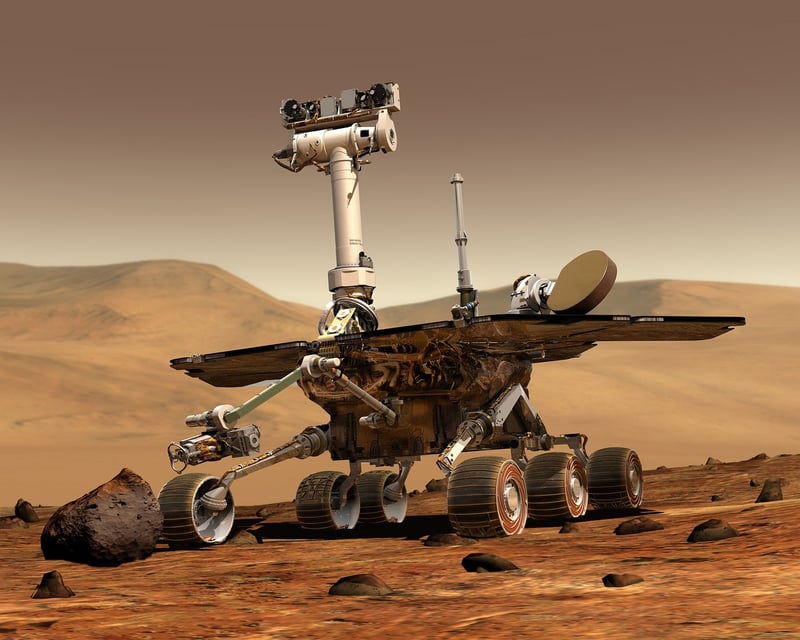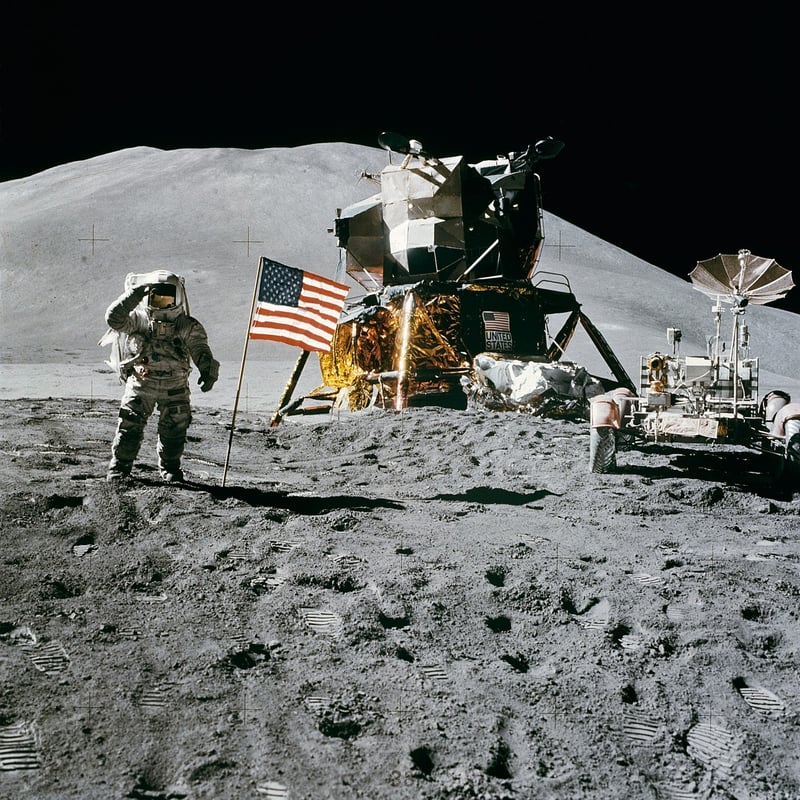Space Exploration
The Golden Age of Space Exploration: A Journey through Exciting Time Periods
Space exploration has always captivated the human imagination, leading to remarkable advancements and discoveries throughout history. Let's embark on a journey through some of the most exciting time periods in space exploration.
The Space Race (1950s-1960s)
The Space Race, primarily between the United States and the Soviet Union, marked a significant era in space exploration. It led to groundbreaking milestones such as the launch of Sputnik 1, the first artificial satellite, and the Apollo 11 mission, which landed humans on the moon for the first time.

The Voyager Missions (1970s-1980s)
The Voyager missions represented a leap forward in space exploration, with Voyager 1 and Voyager 2 embarking on grand tours of the outer planets in our solar system. These missions provided unprecedented insights into Jupiter, Saturn, Uranus, and Neptune, capturing breathtaking images of these distant worlds.

The International Space Station (1990s-Present)
The International Space Station (ISS) stands as a symbol of international collaboration in space exploration. Since its launch in 1998, the ISS has served as a microgravity laboratory for scientific research and experimentation, bringing together astronauts from various countries to work and live in space.

The Mars Exploration Rovers (2000s-Present)
The Mars Exploration Rovers, Spirit and Opportunity, launched in the early 2000s, revolutionized our understanding of the Martian surface. These rovers conducted extensive explorations, sending back valuable data and images that have shaped future Mars missions and the possibility of human exploration.

Looking Ahead: Future Frontiers
As we reflect on these exciting time periods in space exploration, we also look ahead to the future frontiers awaiting us. From planned missions to Mars and beyond to ambitious projects like space tourism and asteroid mining, the possibilities for exploration and discovery in space are endless.
Join us as we continue to push the boundaries of human knowledge and expand our horizons into the vast unknown of outer space.
